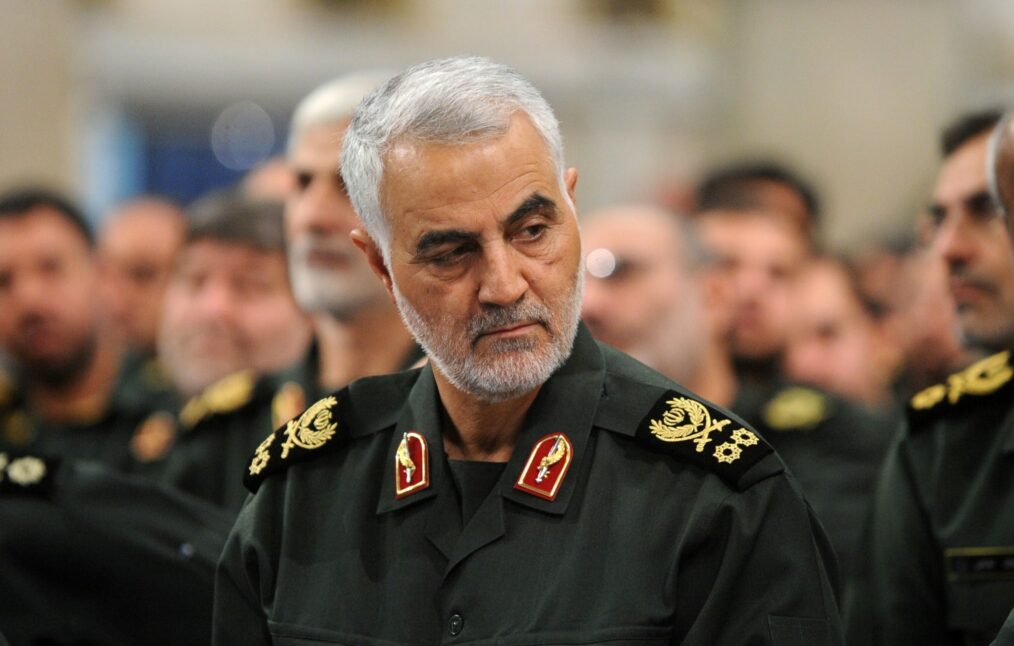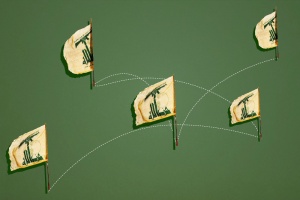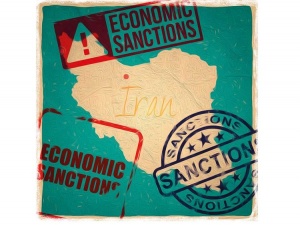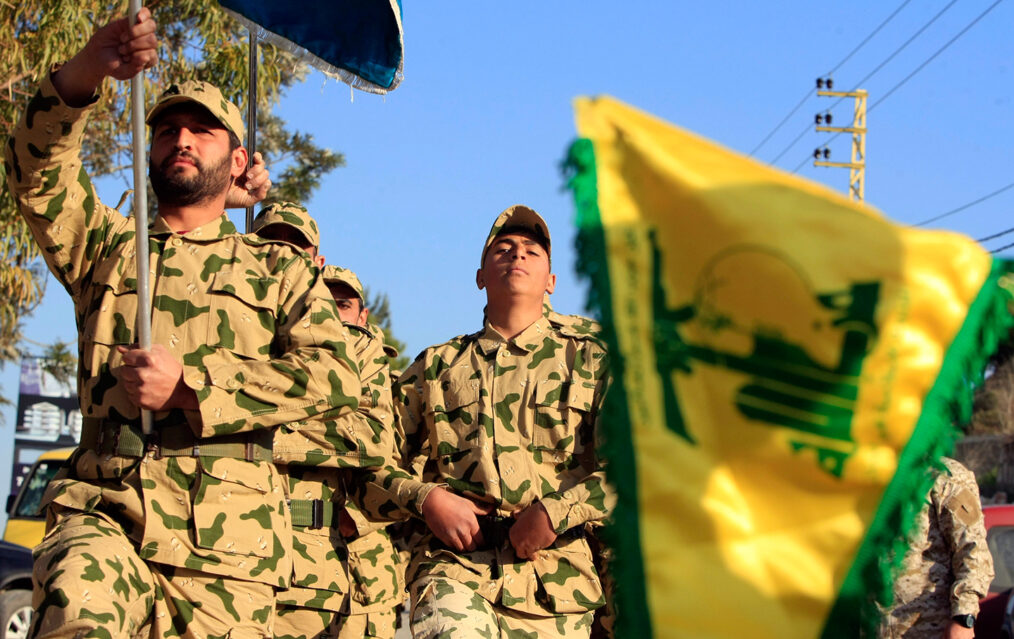A US drone strike near Baghdad airport killed the Commander of the Quds Force of the Islamic Revolutionary Guards Corps Qassem Soleimani and the Deputy Commander of Popular Mobilization Forces (PMF) Abu Mahdi al-Muhandis. This move — more important than the assassination of Abu Bakr al-Baghdadi yet of similar significance to the dispatch of the former leader of al Qaeda Osama bin Laden — is a clear sign that the United States raised its bid in ongoing Iran-US tensions. It will be a defining movement in the future of Middle Eastern affairs which could trigger other events in the region.
Escalating Tensions
The escalation of tensions between the United States and Iran had three critical breaking points in recent weeks: attacks by the PMF against US bases in Iraq and Syria, US air attacks against the PMF bases, and the showdown by Iran and the PMF in an attempted raid against the US Embassy in Baghdad. It was reminiscent of the 1979 US Embassy takeover in Tehran as these protesters attempted entry as well.
The international community was surprised by the Trump’s administration bold response to the escalating crisis in Iraq. Soleimani had been the commander of the Quds Force — an operational extension of the IRGC that has been responsible for the Iranian irregular warfare in the Middle East — therefore he was not a common general in the Iranian military.
Quds Force has been very active in training, equipping, and operationally supporting Iran’s proxies in Lebanon, Syria, Iraq, and Yemen as well as bringing other proxy extensions from Pakistan and Afghanistan. Throughout the years, the Quds Force developed country-specific strategies to expand and deepen the Iranian sphere of influence in the Middle East. For instance, while Quds Force has been militarily active in Lebanon, Syria, or Iraq, their agents have recruited Turkish citizens in Turkey to target intellectuals, journalists, and Iranian opposition figures within the country.
Policy Shift and Regional Implications
Secretary of State Mike Pompeo’s recent statements regarding his efforts to build a common understanding against Iranian aggression followed by these developments are indicative of other measures and a major turning point from a passivist Middle East policy of the US.
This policy shift places substantial pressure on Qatar and Turkey; states with close relationships with Iran. The ‘either you are with us or against us’ paradigm would be enforced on these two countries and force others to make certain quick decisions about continuance of their relationships with Iran. Under such pressure, Qatar will most likely return to the Gulf Cooperation Council (GCC) orbit, but Turkey’s choice would be more difficult given the depth of Iranian involvement in Turkey. Not only has Turkey deepened its relationship with Iran, but it openly targeted Saudi Arabia by aligning with both Iran and Qatar. Under US pressure, Ankara and Erdogan would make concessions with Saudi Arabia, and more importantly, with Crown Prince Mohammed bin Salman. In this case, Erdogan’s position would be weaker though.
Soleimani had been one of the most critical individuals in Iran’s regional affairs. The other individuals killed in the strike represent the main goal of the US decision: a policy that targets Iran’s proxy operations in the entire region. Arrests of PMF leadership also indicate that targeting Soleimani is part of a larger operation to weaken Iranian affiliated groups in Iraq.
Whether these operations spur tensions or cause larger-scale military confrontations between the US and Iran remains to be seen. Iran managed to expand and deepen its footprint in Iraq and Syria where thousands of members of different proxy groups have been established over the years. Soleimani’s death could have ramifications in Syria, Iraq, Lebanon, or Yemen, but more importantly, it is a very critical threshold in the future of the Middle East.
American interests in the region, such as military bases in the Gulf states, Turkey, Syria, and Iraq, as well as several embassies could be directly targeted by Iran or indirectly by its proxies in a more probable scenario. Key actors in the case of a military confrontation include Lebanese Hezbollah, PMF, and other groups who have been recruited from Afghanistan and even Pakistan.
Clearly, targeting Soleimani is an attempt by the US administration to show the Iranian regime that the US military could retaliate and undertake more serious initiatives against Tehran’s aggression. Nonetheless, in response, if Iran chooses to escalate the conflict, the entire region would be affected, and Israel could be one of the primary targets.
The Trump administration’s ‘maximum pressure policy’ aimed to corner the regime in Iran so that Tehran makes concessions in regard to its nuclear ambitions. These recent incidents could be considered the peak of maximum pressure policy. In a way, such a policy is also being tested, and the outcome will be revealed in coming days or weeks.
Qassem Soleimani was a point man of the regime in Iran and Ali Khamenei. By targeting him the US administration has sent a very clear message to the regime and its proxies in the Middle which could open the Pandora’s box in the region.







